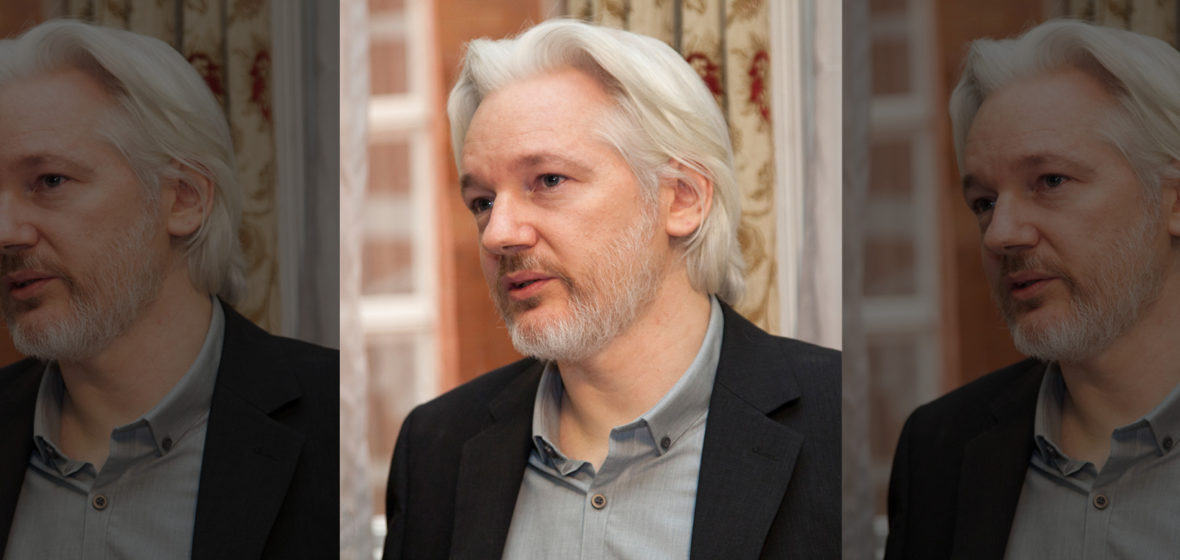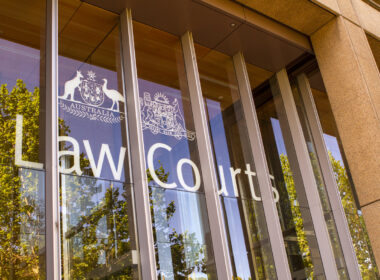UK Home Secretary Priti Patel has approved the extradition of Australian WikiLeaks founder Julian Assange to the US where he is wanted for leaking classified military information.
Assange has 14 days to appeal the decision made over the weekend.
WikiLeaks announced via Twitter that it would appeal before the High Court, calling the decision “a dark day for press freedom and for British democracy”.
An appeal will likely focus on the role of freedom of expression, whether the charges were political and therefore not extraditable, and whether the US government’s assurances that Assange will face adequate prison conditions are reliable.
The UK previously blocked requests to extradite Assange due to concerns about his mental health. In this case, the court found there were no grounds to prevent the order being made.
“The UK courts have not found that it would be oppressive, unjust or an abuse of process to extradite Mr Assange,” said a spokesperson for the Home Office.
“Nor have they found that extradition would be incompatible with his human rights, including his right to a fair trial and to freedom of expression, and that whilst in the US he will be treated appropriately, including in relation to his health.”
In 2010, the US launched an investigation into WikiLeaks after it published a series of leaked classified documents. Assange escaped to the Ecuadorian embassy in London where he was granted asylum for seven years until it was withdrawn in 2019. He was subsequently arrested and imprisoned at Belmarsh prison in London.
Prime Minister Anthony Albanese said he stands by his previous comments opposing the ongoing pursuit of Assange. However, he indicated that he would not be told what to do by Twitter users.
“There are some people who think that if you put things in capital letters on Twitter and put an exclamation mark, then that somehow makes it more important. It doesn’t,” said Albanese.
“I intend to lead a government that engages diplomatically and appropriately with our partners.”
In December 2021, Albanese spoke about the issue on ABC Radio Northern Tasmania.
“I’ve said for some time that enough is enough,” said Albanese.
“The fact is that you have the circumstances whereby the person who actually leaked the classified information to WikiLeaks is free, is walking around, isn’t incarcerated. But the person who published that information remains in jail in Britain awaiting the extradition procedures that the United States is taking place.”
Albanese is referring to former army intelligence analyst Chelsea Manning, who was released from prison in 2017 after then US President Barack Obama commuted her sentence. Foreign Affairs Minister Penny Wong echoed Albanese’s comments.
“The Australian government has been clear in our view that Mr Assange’s case has dragged on for too long and that it should be brought to a close,” said Wong.
While Australia was not party to the case and could not intervene, they planned to “continue to convey our expectations that Mr Assange is entitled to due process, humane and fair treatment, access to proper medical care, and access to his legal team”.




